《浮生六记》中的名场面,林语堂将其译成英文也十分有趣!

盛夏已至,太阳失去了春天时的那份温柔,恣意挥洒着它十足的活力。你是否只想窝在空调房里,抱着“快乐水”和冰西瓜度过一整天?
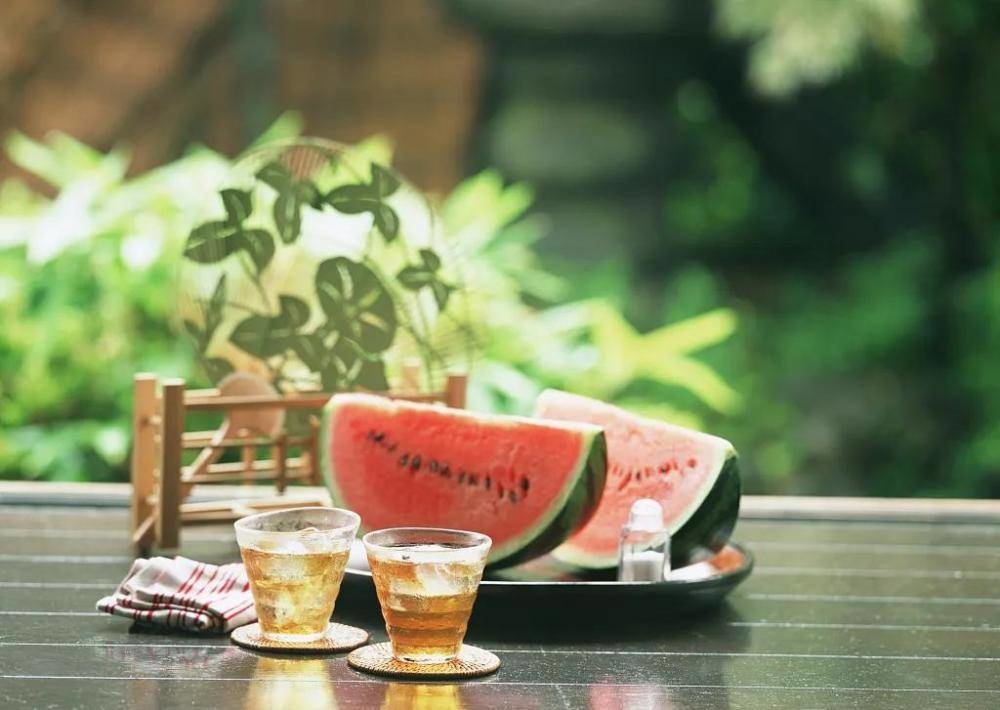
或者,换个方式,让一本书陪伴你度过炎炎夏日。
今天,双语君为你推荐一本适合夏天读的书——清代文学家沈复所作的《浮生六记》。
这本书的画风是这样的:
渐见风帆沙鸟,水天一色……轻罗小扇,并坐水窗。
阅读这本书,似有一阵闲适之风吹过,随手翻开一篇便是清凉。
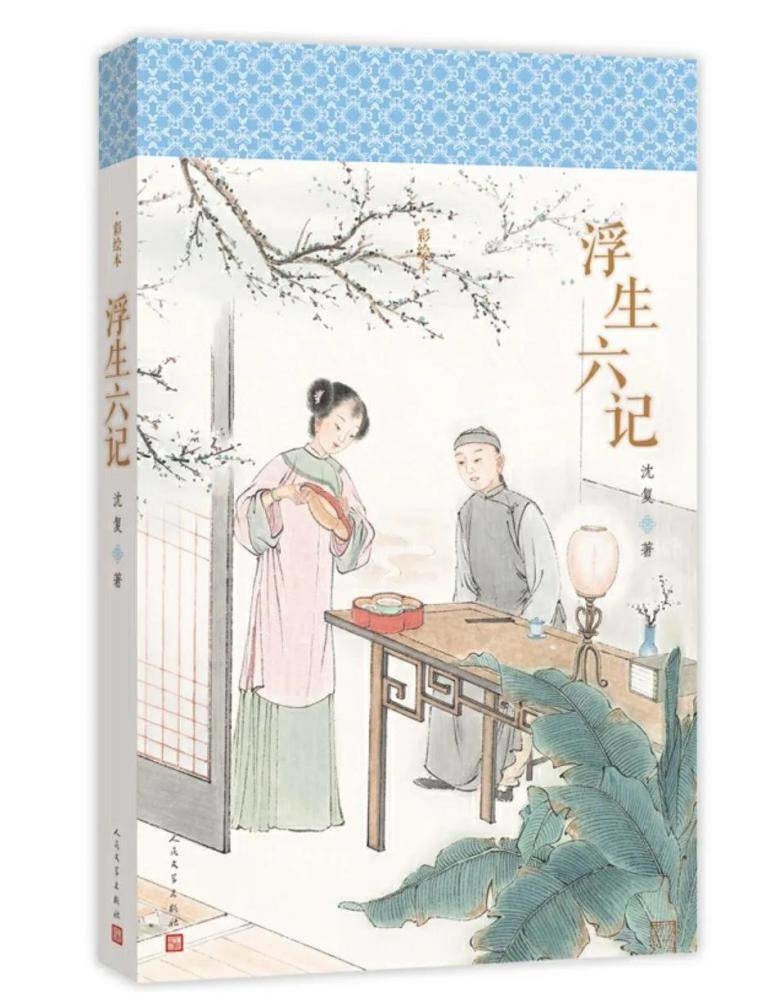
《浮生六记》是一部自传体散文集,“浮生”二字出自李白的诗句“而浮生若梦,为欢几何。”
这本书是一幅描绘苏州书生家庭市井的卷轴画,而沈复笔下的妻子——芸,被林语堂称为“中国文学中一个最可爱的女人”。
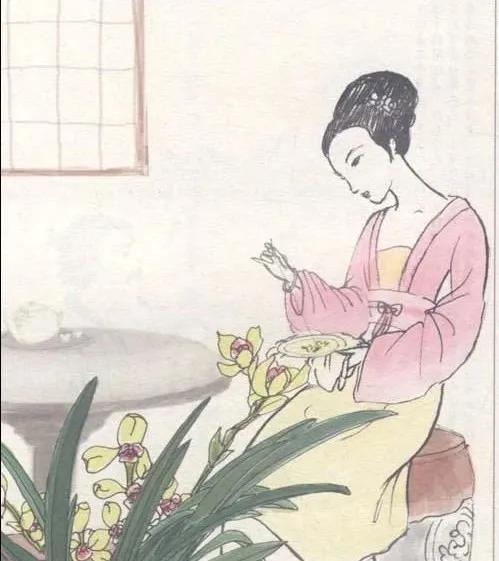
自1936年,《浮生六记》(Six Records of a Floating Life)先后由林语堂等翻译家译为英文。
英文版的序言部分是这样介绍它的:
Six Records of a Floating Life (1809) is an extraordinary blend of autobiography, love story and social document… In this intimate memoir, Shen Fu recounts the domestic and romantic joys of his marriage to Yun, the beautiful and artistic girl he fell in love with.
《浮生六记》是一部非凡的作品,它既是一部自传,也描绘了爱情故事,记载了社会风貌……这部笔触亲密的回忆录中,沈复记录了与芸结婚后的浪漫与快乐,芸是他心爱的,美丽而又充满艺术气质的女子。
下面,双语君为大家选取了林语堂及白伦、江素惠等人的英译本,一起来看看从前的炎炎夏日,人们是如何度过的吧。
河堤赏月
但见隔岸萤光明灭万点,梳织于柳堤蓼渚间。
As we looked across the creek, we saw will-o'-the-wisps flitting in crowdshither and thither like ten thousand candle-lights, threading their way through the willows and smartweeds.
will-o'-the-wisps:鬼火;不可捉摸的东西
hither and thither:四处,这儿和那儿
(林语堂译)
夏夜里,沈复与芸夫妇二人临河观赏夜景,原文营造出一个静谧而美妙的意境。译文中“flit”(掠过)一词极言“萤光明灭”的轻快,而“thread”(穿行、蜿蜒)一词既反映光线的细弱,又表现了若隐若现的动感,再现了原文的画面。
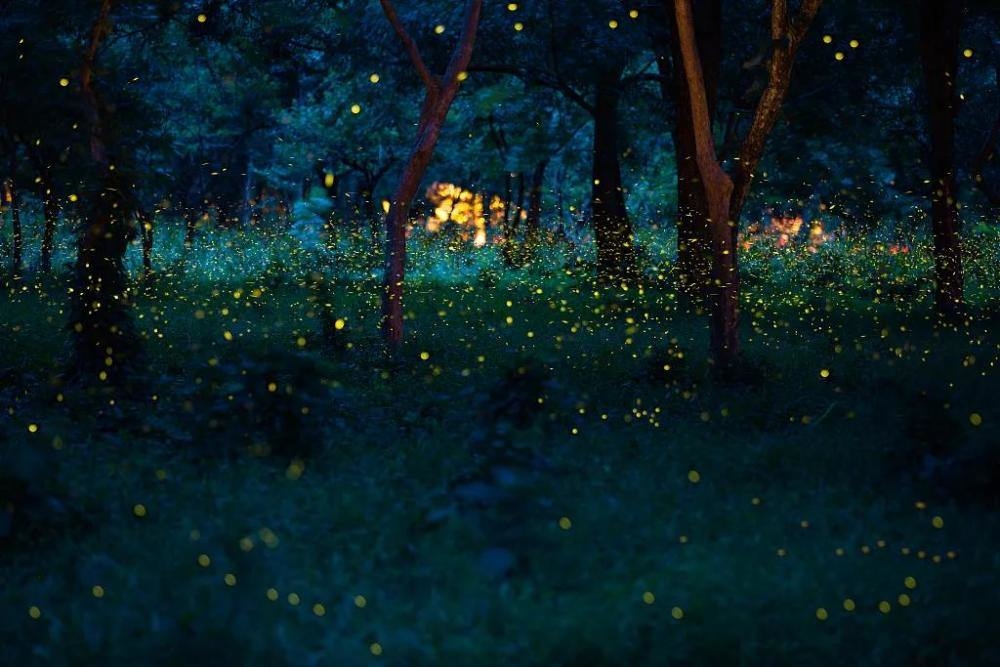
少焉,一轮明月已上林梢,渐觉风生袖底,月到波心。
After a while, the moon had already arisen from behind the forest, and breeze was playing about our sleeves, while the moon's image sparkled in the rippling water.
(林语堂译)
沈复夫妇是读书识字的雅人,他们热爱大自然,此刻已被沧浪亭的美景深深吸引。

林译再现了自然之景,同时也体现了人物的感情,“风生袖底”一句译文用了拟人的手法“playing about our sleeves”,极为传神,反映了人物轻松愉快的心情。
烹“荷花茶”
夏月荷花初开时,晚含而晓放。
When lotus flowers bloom in the summer, they close up at night but open again in the morning.
芸用小纱囊撮条叶少许,置花心,明早取出,烹天泉水泡之,香韵尤绝。
Yun used to put a few tea leaves in a gauze bag and put it inside a lotus flower before it closed in the evening. The next morning she would take out the tea and boil it with natural spring water. It had a wonderful and unique fragrance.
gauze [ ɡɔːz] n. 薄纱;纱布
lotus [ ˈləʊtəs] n. 莲
fragrance [ ˈfreɪɡr(ə)ns] n. 香味;香水
(白伦、江素惠等译)

这两句是说,芸将茶叶于傍晚放在荷花花芯,利用荷花晚上收合而清晨绽开的习性,得一夜花露清香,用天泉水烹之,味道“尤绝”。
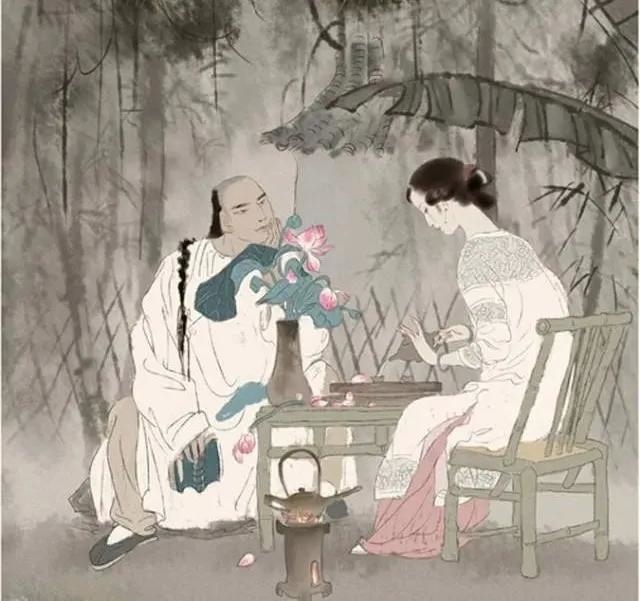
其实,早在元明两代,就有文人烹制“莲花茶”的记载。芸是一个具有高雅审美情操的女子,她与沈复寄居异乡,厮守清贫,却还乐于仿效古人的茶道,足见她的心性、情趣和处世态度。
插花布景
其插花朵,数宜单,不宜双;每瓶取一种,不取二色。
When putting chrysanthemums in a vase one should select an odd number of flowers, not an even number. Each vase should contain flowers of only a single colour.
chrysanthemum [krɪ'sænθəməm]:菊花
或亭亭玉立,或飞舞横斜。花取参差,间以花蕊……叶取不乱,梗取不强。
Some of the flowers should stand up gracefully, while others spread out at angles. Some should be high and some low, with a few buds in between… The leaves should not be disorderly and the stems should not be stiff.
(白伦、江素惠等译)
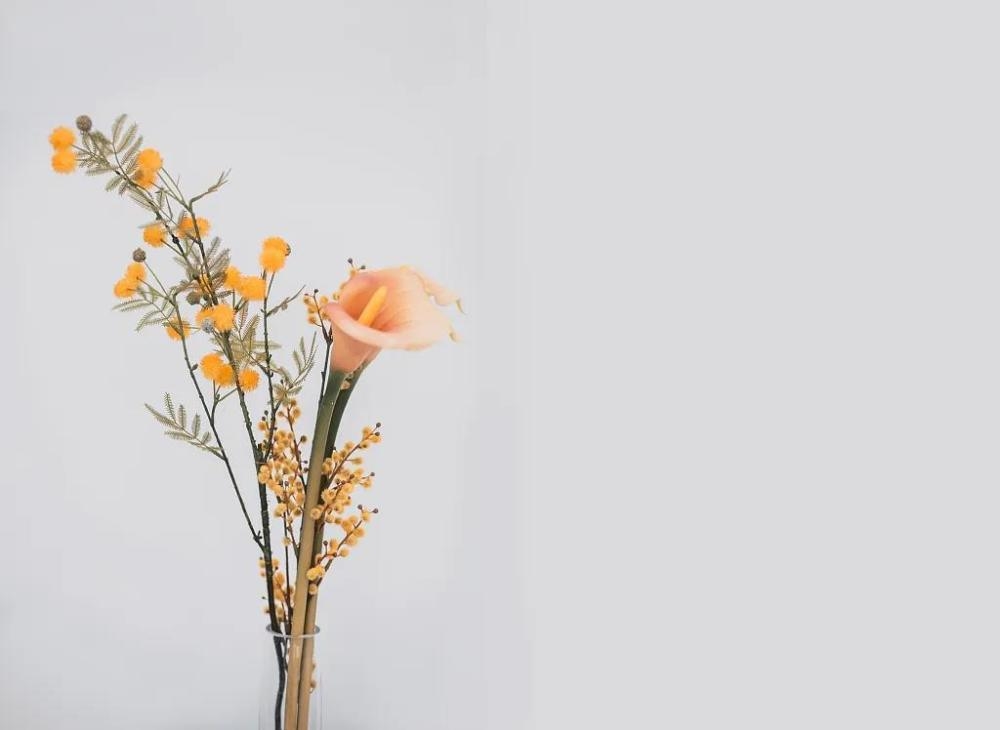
从这段文字中,可以看到中国古代插花的几点惯例:
首先是花材的数目“数宜单,不宜双”,自古奇数为阳、偶数为阴,家中插花宜用奇数。
再有“每瓶取一种,不取二色”,自宋代中国插花开始崇尚简约的、一种植物的插花开始,用一种植物创作的插花一直被奉为“书斋清供”的最高规格。
帐中观“鹤”
提起《浮生六记》,大家一定会想到初中语文教材中的《童趣》一文。
小时候的沈复充满了好奇心和天马行空的想象,夏日里恼人的蚊虫也变成了乐趣所在。

来看一看这个帐中观“鹤”的名场面该怎么翻译:
夏蚊成雷,私拟作群鹤舞于空中。心之所向,则或千或百,果然鹤也。
During the summer, whenever I heard the sound of mosquitoes swarming, I would pretend they were a flock of cranes dancing across the open sky, and in my imagination they actually would become hundreds of cranes.
又留蚊于素帐中,徐喷以烟,使之冲烟而飞鸣,作青云白鹤观,果如鹤唳云端,为之怡然称快。
At night I would let mosquitoes inside my mosquito netting, blow smoke at them, and imagine that what I saw were white cranes soaring through blue clouds. It really did look like cranes flying among the clouds, and it was a sight that delighted me.
(白伦、江素惠等译)

河堤赏月、取花烹茶、插花布景、帐中观鹤……《浮生六记》中记述的“夏日限定”乐趣还有许多。
翻开这本书,让它陪你度过一个清凉而有趣的夏日吧。
转自腾讯网


